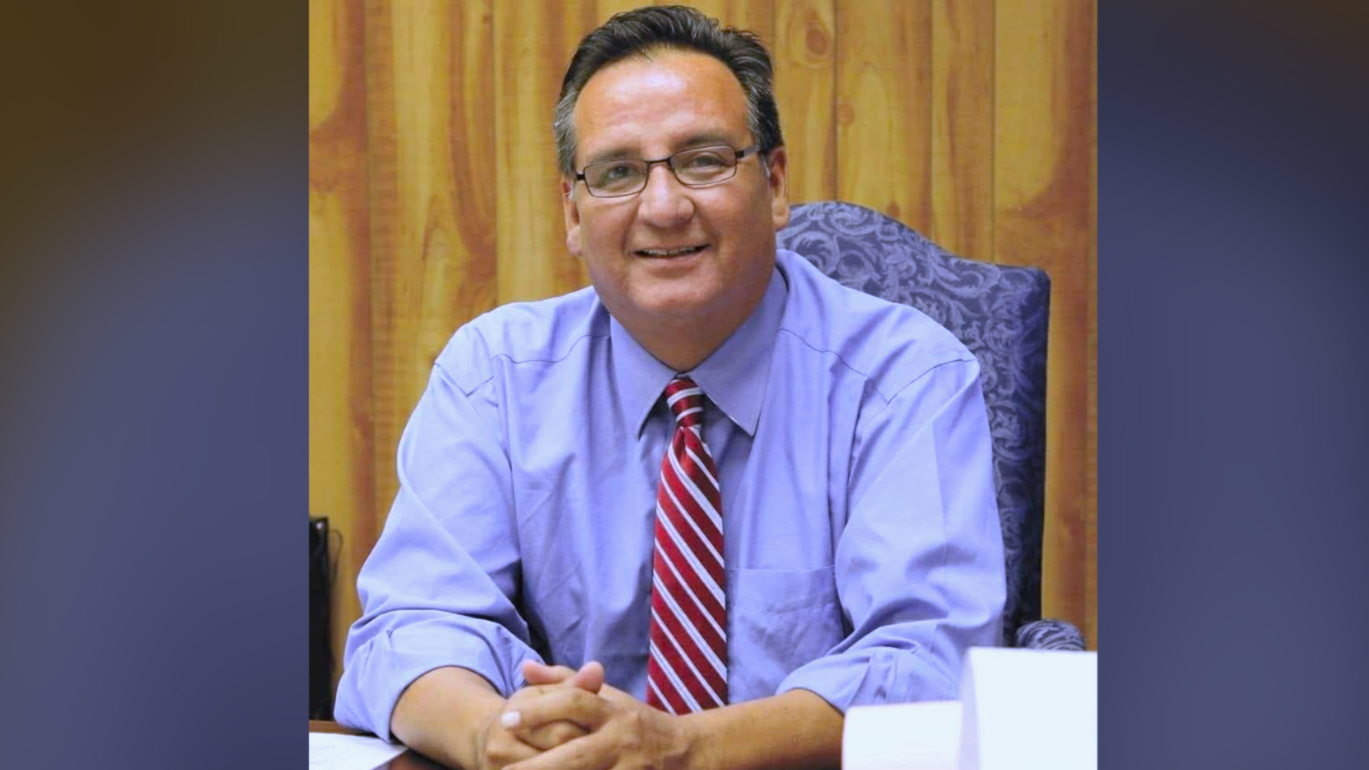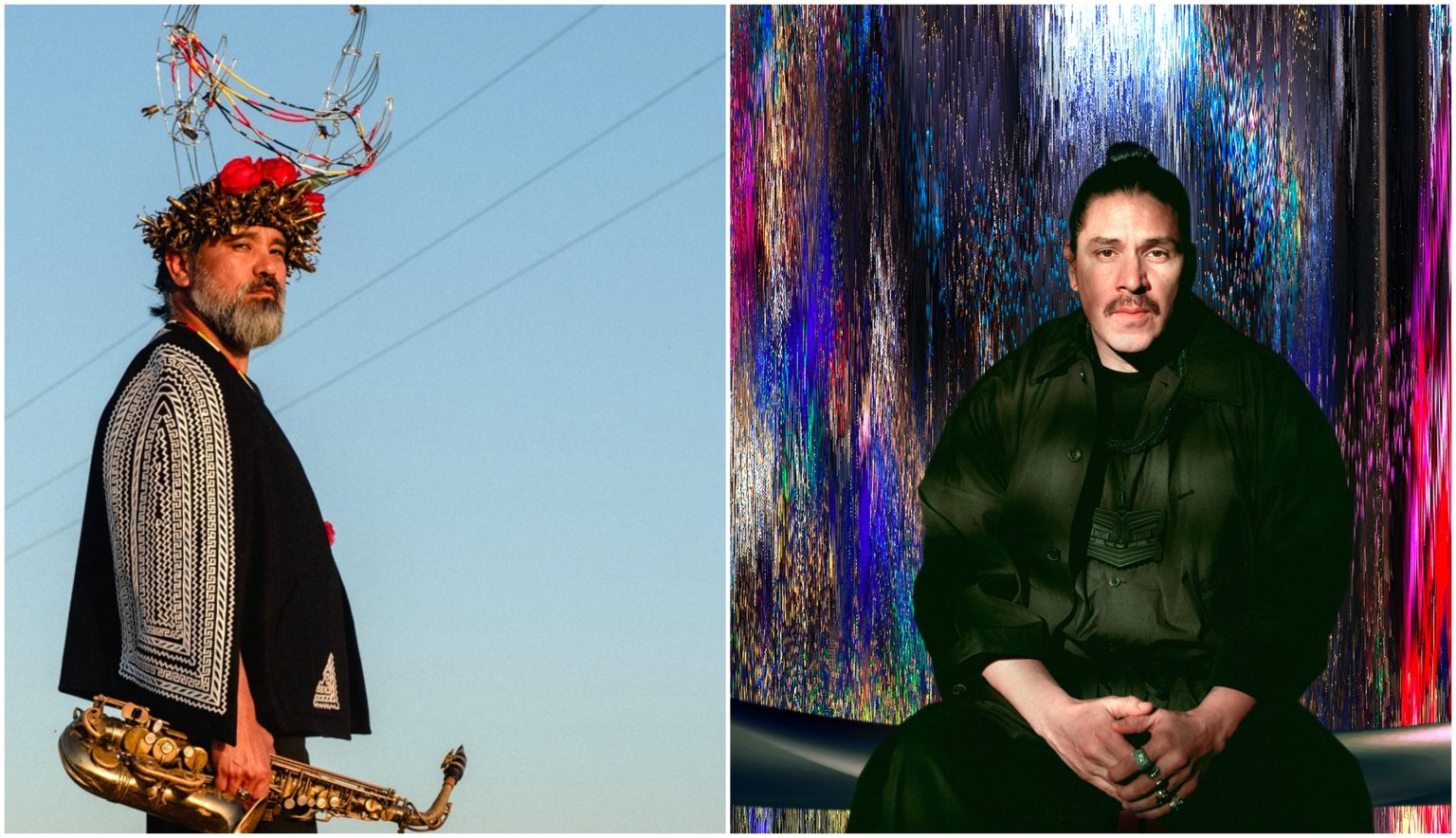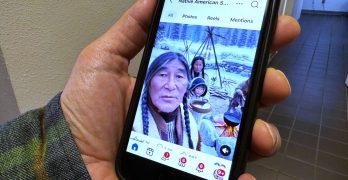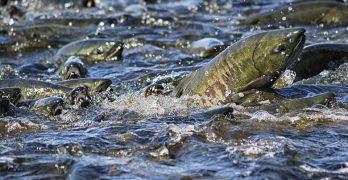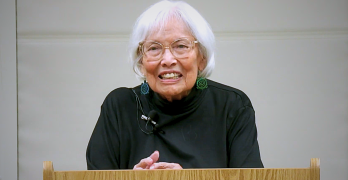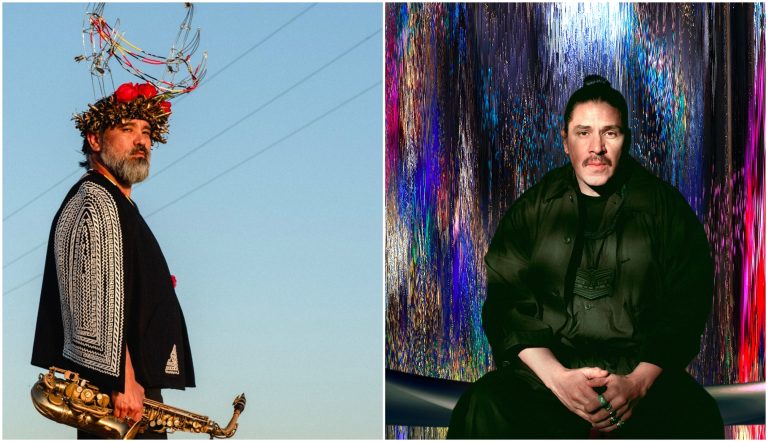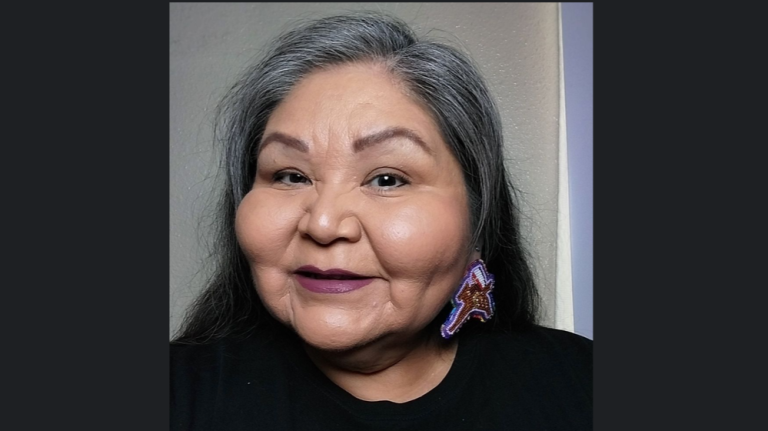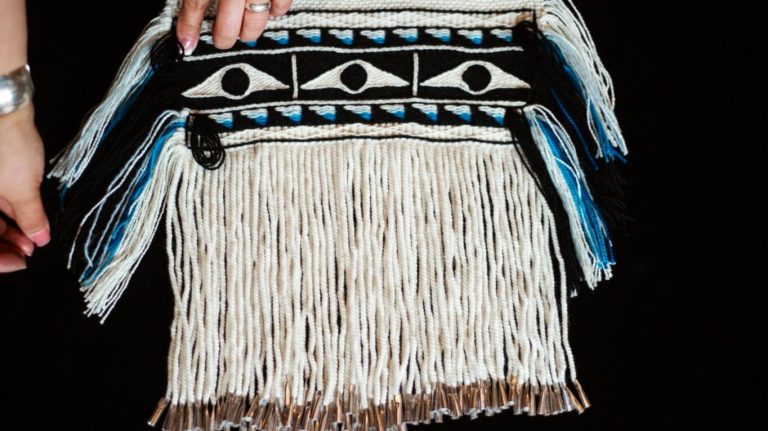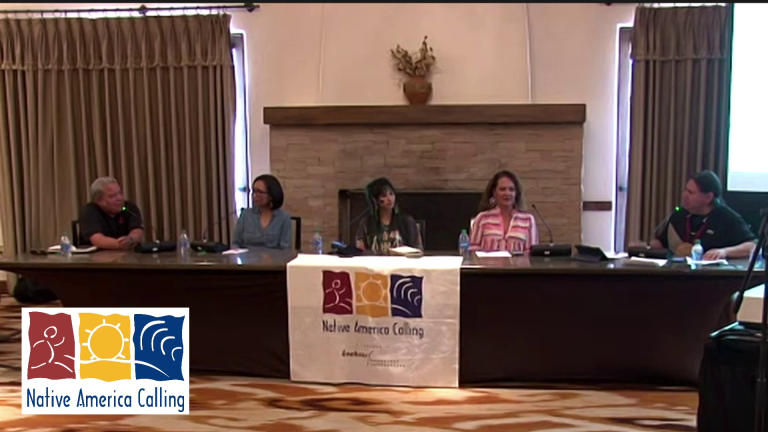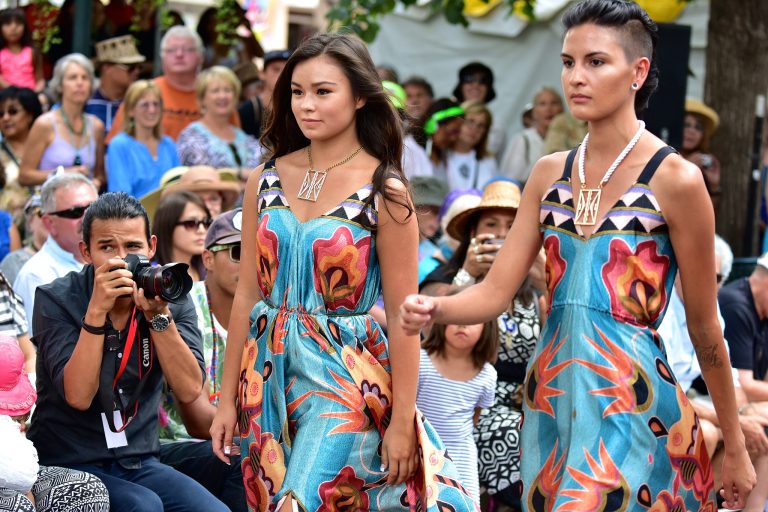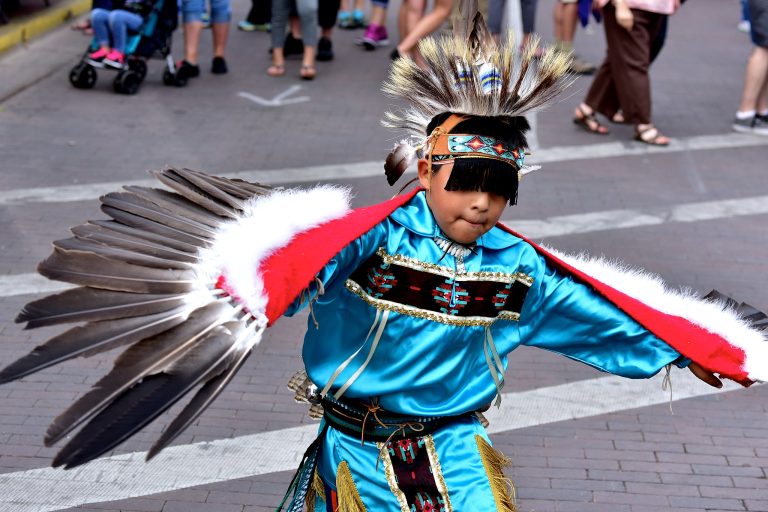Former Osage Principal Chief Jim Gray is remembered as a leader who laid the foundation for a modern, self-governing tribal structure while also reconnecting the tribe with its cultural roots. Among his many accomplishments as a transformative leader, Jim Gray spearheaded the historic reform of Osage government in 2004. That secured the individual right to vote for each Osage citizen rather than headright ownership and restored the Nation’s sovereign status. During his time as principal chief, the Nation also successfully negotiated a landmark $380 million settlement with the U.S. government — at the time the largest of its kind — addressing decades of tribal trust fund mismanagement. All the while, he remained a determined advocate for cultural and language revitalization. Gray walked on this month. We’ll hear from his family and friends about his legacy.
We’ll also remember Black civil rights leader, Rev. Jesse Jackson, who died this week at the age of 84. Jackson championed various Native causes throughout his career including opposition to nuclear waste dumping on tribal lands and support for the Dakota Access Pipeline protests.
GUESTS
Olivia Gray (Osage), wife to Jim Gray
Hepsi Barnett (Osage), former chief of staff and government reform coordinator for the Osage Nation
Yancey Red Corn (Osage, Caddo, and Potawatomi), actor, CEO of White Buffalo Alliance and nephew to Jim Gray
Suzan Shown Harjo (Cheyenne and Hodulgee Muscogee), president of the Morning Star Institute and recipient of the Presidential Medal of Freedom
